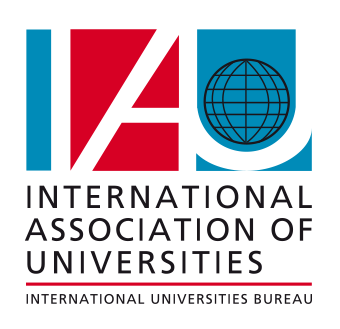-
Definition of Comprehensive Internationalisation
Hudzik (2011): Comprehensive Internationalization is a commitment, confirmed through action, to infuse international and comparative perspectives throughout the teaching, research, and service missions of higher education. It shapes institutional ethos and values and touches the entire higher education enterprise. It is essential that it is embraced by institutional leadership, governance, faculty, students, and all academic service and support units. It is an institutional imperative, not just a desirable possibility. Comprehensive internationalization not only impacts all of campus life but the institution’s external frames of reference, partnerships, and relations. The global reconfiguration of economies, systems of trade, research, and communication, and the impact of global forces on local life, dramatically expand the need for comprehensive internationalization and the motivations and purposes driving it. ACE (website accessed in February 2016): Comprehensive internationalization …. is a strategic, coordinated process that seeks to align and integrate policies, programs, and initiatives to position colleges and universities as more globally oriented and internationally connected institutions.
International Association of Universities
The Global Voice of Higher Education
The Global Voice of Higher Education
| Definition of Comprehensive Internationalisation |
| NGO in official partnership with UNESCO in associate status |
| International Association of Universities, UNESCO House, 1 rue Miollis, 75732 Paris cedex 15, France |
| Contact | Sitemap | Terms of use | Credits |



